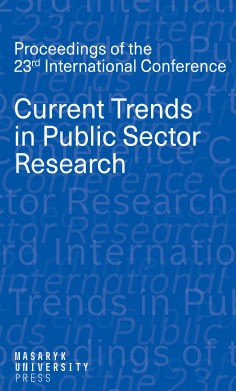How to Evaluate the Effectiveness of Science-policy Interface: A Postmodernist Approach
How to Evaluate the Effectiveness of Science-policy Interface: A Postmodernist Approach
Author(s): Tomáš Michalek
Subject(s): Philosophy of Science, Methodology and research technology
Published by: Masarykova univerzita nakladatelství
Keywords: science-policy interface; effectiveness; knowledge brokering; boundary work; postmodernism; social construction;
Summary/Abstract: The effectiveness of science-policy interface, and especially its evaluation, remains an elusive concept in the SPI literature. Many authors work with the so-called CRELE model which connects the credibility, relevance and legitimacy but they fail to really operationalize this model. This article explores postmodernist approaches via a conceptual analysis of the SPI theory. Building on a constructivist position of postmodernism, the principal argument is that if the social constructions of roles are being similar, the effectiveness of SPI will be higher than if the roles are constructed differently. We conceptualize the social constructions of roles with a combination of values and processes on one side and scientific information, actors, boundaries and boundary work on the other. The paper is focused on a theoretical discussion and methodological framework development for a future research. First, we clarify why it is relevant to use a postmodernist methodology. Then, we use it for a theory analysis of the SPI literature. In the conclusion, we propose a set of indicators that could be tested in a future empirical research.
Book: Current Trends in Public Sector Research: Proceedings of the 23rd International Conference
- Page Range: 140-147
- Page Count: 8
- Publication Year: 2019
- Language: English
- Content File-PDF

